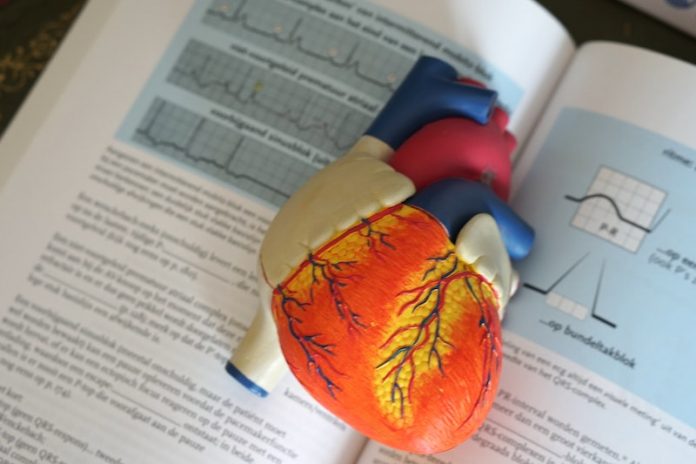
In a new study, researchers found that SARS-CoV-2, the virus that causes COVID-19 (coronavirus), can infect heart cells, indicating it may be possible for heart cells in COVID-19 patients to be directly infected by the virus.
The discovery was made using heart muscle cells that were produced by stem cell technology.
The research was conducted by a team at Cedars-Sinai Medical Center.
Although many COVID-19 patients experience heart problems, the reasons are not entirely clear.
Pre-existing cardiac conditions or inflammation and oxygen deprivation that result from the infection have all been implicated.
But until now, there has been only limited evidence that the SARS-CoV-2 virus directly infects the individual muscle cells of the heart.
The team not only uncovered that these stem cell-derived heart cells are susceptible to infection by a novel coronavirus, but that the virus can also quickly divide within the heart muscle cells.
Even more significant, the infected heart cells showed changes in their ability to beat after 72 hours of infection.
The study also demonstrated that human stem cell-derived heart cells infected by SARS-CoV-2 change their gene expression profile, further confirming that the cells can be actively infected by the virus and activate innate cellular “defense mechanisms” in an effort to help clear out the virus.
While these findings are not a perfect replicate of what is happening in the human body, this knowledge may help researchers use stem cell-derived heart cells as a screening platform to identify new antiviral compounds that could alleviate viral infection of the heart.
The team says this viral pandemic is predominately defined by respiratory symptoms, but there are also cardiac complications, including arrhythmias, heart failure, and viral myocarditis.
While this could be the result of massive inflammation in response to the virus, our data suggest that the heart could also be directly affected by the virus in COVID-19.
Researchers also found that treatment with an ACE2 antibody was able to blunt viral replication on stem cell-derived heart cells, suggesting that the ACE2 receptor could be used by SARS-CoV-2 to enter the human heart muscle cells.
One author of the study is Arun Sharma, Ph.D., a research fellow at the Cedars-Sinai Board of Governors Regenerative Medicine Institute.
The study is published in the journal Cell Reports Medicine.
Copyright © 2020 Knowridge Science Report. All rights reserved.



